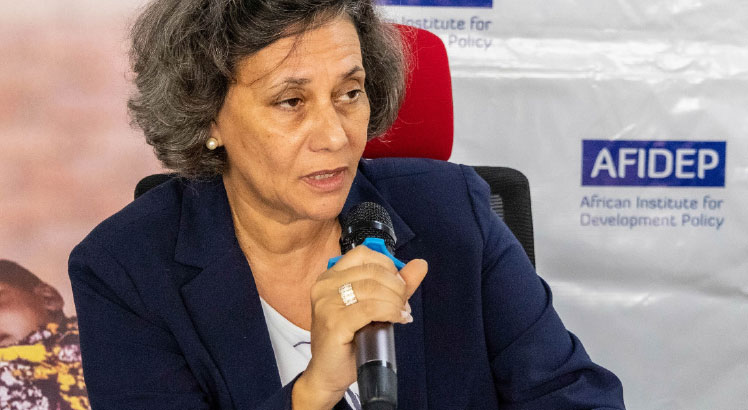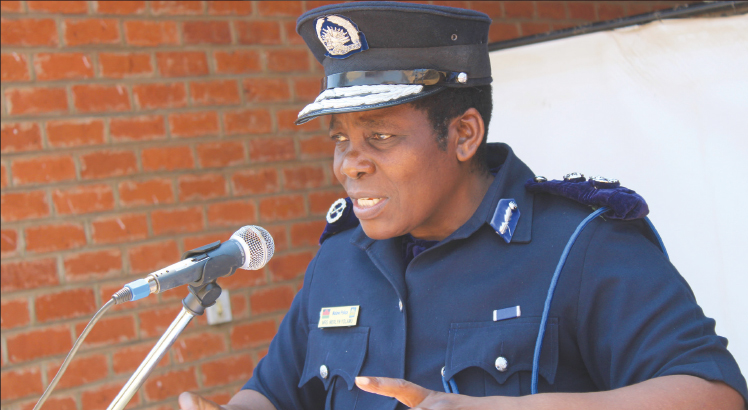Malawi has emerged as one of the three countries in Africa alongside Kenya and Senegalwith improved women’s access to contraception.
Speaking at a press briefing yesterday, Ministry of Health chief reproductive health officer Mary Mulombe-Phiri said Malawi has increased modern contraceptive prevalence rate from six percent in 1992 to 45 percent in 2015/16.
She attributed the success to several factors, including formulation and implementation of important policies and strategies, successful family planning programme implementation and increased financing to family planning initiatives.
Rodrigues: Malawi has surpassed
the threshold
Mulumbe-Phiri said key to achieving this milestone was the 1994 International Conference on Population and Development which saw the genesis of most of the changes in Malawi’s family planning programmes.
She said: “Between 1992 and 2000, Malawi re-examined the family planning programme to embrace a rights-based approach and expanded facility-based services to include Christian Health Association of Malawi and Banja la Mtsogolo facilities.
“This increased access from two family planning clinics in 1983 to 210 by 1995. We also initiated a community system using community-based distribution agents to offer basic contraceptives such as pills and condoms.”
The achievement, however,has not come without the country facing hurdles to improve access to family planning services which started in the 1960s before it was banned in the 1970s.
The services were reintroduced in 1982, but with restrictive and unfavourable policies.
In 2013, government started supporting family planningprogramme with K26 million in 2013 to K200 million in 2020/21. Nowthe funding is K475 million, which the United Nations Population Fund (UNFPA) has also commended.
UNFPA country representative Nellida Rodrigues noted that while the global expectation is that countries should contribute a minimum of $10 000 (about K13 million) to contraceptive procurement, Malawi has already surpassed this threshold as evidenced by the sum of $443 908.75 (about K475 million) appropriated in the 2021/22 National Budget.
Last month, government signed a compact with UNFPA as its commitment to ensure that family planning commodities are availabile every year.
The compact will also ensure that UNFPA continues to support procurement and distribution of reproductive health commodities in the country.
“The compact will be critical to contribute to the achievement of universal access to contraceptives by 2030,” said Rodrigues.
African Institute for Development Policy executive director Dr Eliya Zulu said it was worrisome that despite 58 percent of married women using contraceptives, only 32 percent of unmarried ones do.
“Girls should not become mothers before they become adults. If half of our girls get married before 15, we cannot achieve the Malawi 2063,” he said.
Malawi’s success story is based on preliminary findings from the Exemplars in Family Planning Project which explores critical drivers of change and the timing of significant policies, events and inputs that changed the trajectory of family planning demand and modern contraceptive uptake.
The post Malawi lauded on contraceptive access appeared first on The Nation Online.
 Moni Malawi
Moni Malawi 

